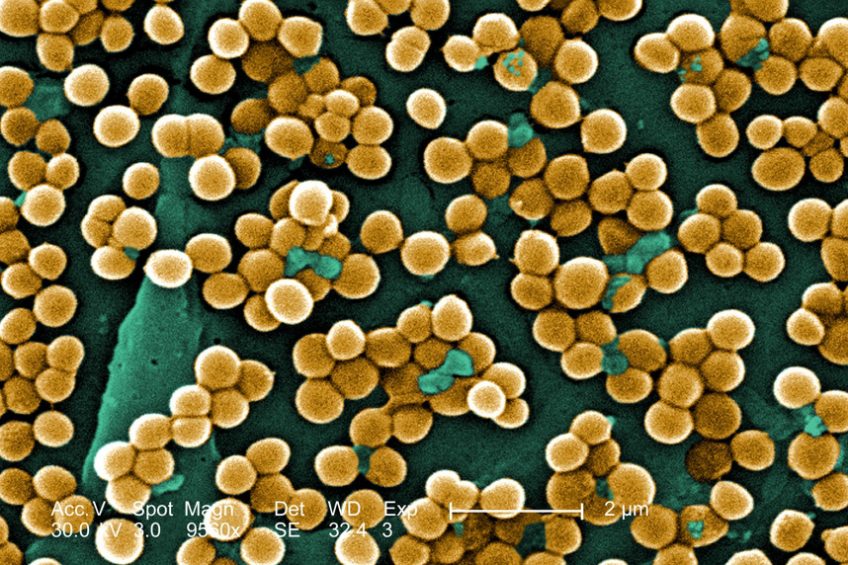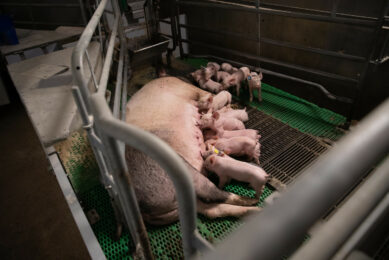US study: Zinc does not promote MRSA in pigs

American researchers have found that feeding zinc to young pigs does not play a major role in the emergence of livestock-associated methicillin-resistant Staphylococcus aureus (LA-MRSA).
The study was carried out by scientists of the United States Agricultural Research Service (ARS) and Iowa State University and University of Minnesota collaborators. It was published in the peer-reviewed journal Applied and Environmental Microbiology.

Find out all there is to know about pig health using Pig Progress’ unique Pig Health Tool
Common practice in swine business
Adding zinc supplementation to combat diarrhoea in pigs is a common practice in the swine industry. In a press release shared by the ARS, it is stated that ‘public health concerns over this practice have increased’. “That’s because using zinc supplements has been partly attributed to the occurrence of LA-MRSA strains in Europe.”
MRSA, a bacteria that can cause various infections, is resistant to many antibiotics and is able to inhabit humans, livestock and companion animals. Methicillin, a form of penicillin, is used to fight staphylococci, caused by Staphylococcus aureus.
Zinc-resistance gene
Some LA-MRSA strains carry a zinc-resistance gene located next to the methicillin-resistance gene. Both genes are located on a DNA segment that is easily transferred from one S. aureus strain to another, according to Dr Tracy Nicholson, in the ARS press release. She is a microbiologist at the ARS National Animal Disease Center in Ames, IA, United States. This had led some researchers to suggest that using zinc as an anti-diarrhoeal agent could contribute to the emergence and spread of MRSA in swine.
In the study, Dr Nicholson and her colleagues compared the prevalence of zinc resistance in MRSA from pigs to MRSA from humans. Scientists found that only a small, specific subset of MRSA from pigs carried the zinc-resistance gene. In contrast, about 25% of the MRSA from humans carried the gene.
Livestock as a new reservoir for MRSA?
MRSA in humans is typically associated with hospitals. Dr Nicholson said that a case study from the Netherlands 10 years ago linked a human MRSA infection to swine on the family’s farm. This raised public health concerns that livestock could be a new reservoir for MRSA. Research showed that LA-MRSA strains lack genes that can cause disease in humans and are very different from the strains found in hospitals.
The scientific publication was written by Tracy L. Nicholson, Agricultural Research Service, Ames, IA, USA; Samantha J. Hau and Timothy Frana, Iowa State University, Ames, IA, USA; and Jisun Sun and Peter R. Davies, University of Minnesota, St Paul, MN, USA.











